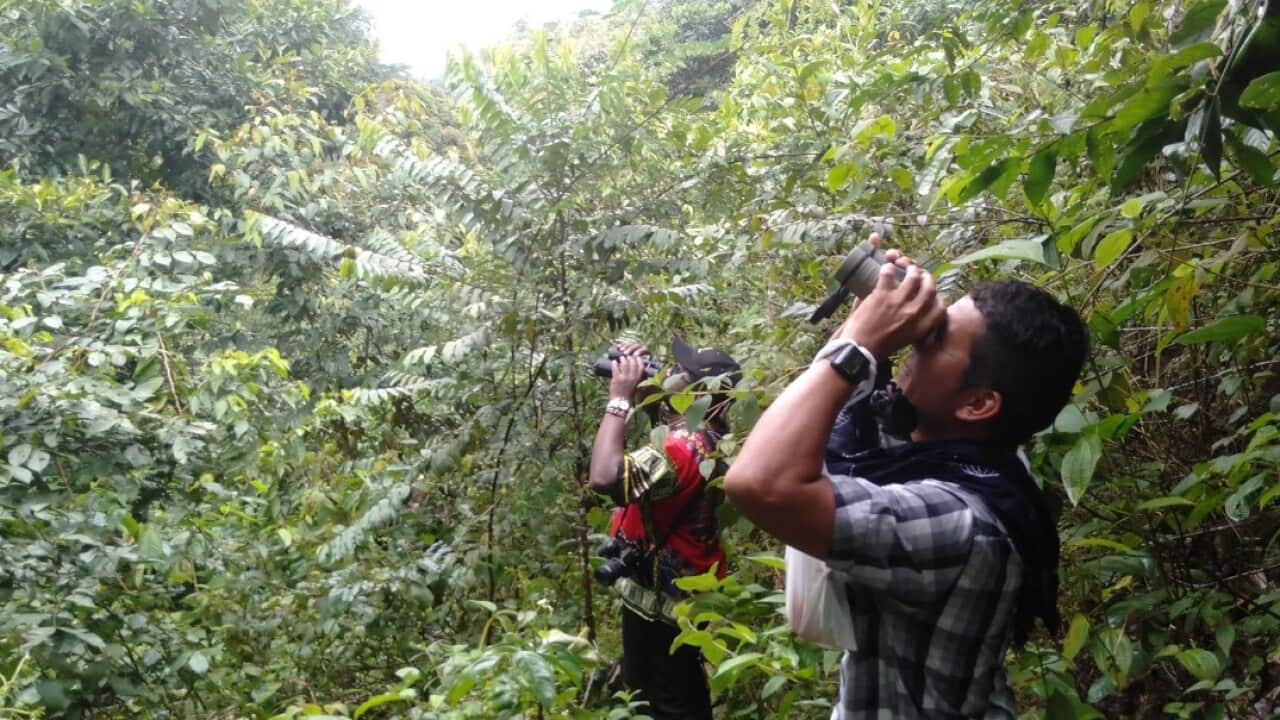Chilean-Australian woman Cristina Palma and her French wife Mariama Diallo made history in July when their marriage was recognised by the highest court in Bulgaria, a country where same-sex marriage is illegal.
The decision by the country’s Supreme Administrative Court came following a long process for the couple, who met in Sydney 15 years ago.
They married in France in 2016 before moving to Bulgaria, where they applied for residence as a family.
They initiated legal proceedings after Palma’s Bulgarian residency request was rejected, despite her being married to a citizen of the European Union.
Bulgaria is one of the few countries in the EU that doesn’t recognise same-sex unions, even for couples married in other EU countries. EU laws state that any EU citizen is entitled to family mobility within member countries – a rule that applies even if a spouse is not a citizen of the EU.
EU laws state that any EU citizen is entitled to family mobility within member countries – a rule that applies even if a spouse is not a citizen of the EU.

Cristina Palma and Mariama Diallo Source: Supplied
"We said that we were not running for recognition of our marriage but that we wanted our right as members of the European community to live here as a family," Palma told SBS Spanish.
“The right to be a family is a human right, we are a couple like any other couple, we are the same sex, it is a detail, but it is a human right and therefore Bulgaria has to respect that.”
The couple fought against the decision as far as the Sofia City Administrative Court,
Bulgaria’s immigration department then appealed the decision.
"They told us that they were not going to accept the decision and therefore appealed and wanted to take it to the Supreme Court, which we accepted," Diallo said.
“For us [the appeal] was not a problem. What we were asking for was our right and we knew we were going to win, so we went to the fight.”
In July 2019, their efforts finally paid off when the country’s top court upheld the earlier decision to recognise their marriage.
“The court said in its statement that it was time to change, that it could not continue without rights and that the court accepted that our marriage had to be recognised in Bulgaria, something that has many implications for all countries of the European Union,” Cristina said.
“They recognise that we are a family and what is behind that decision is that now two women can be a family in Bulgaria and that has been very important.
How did they win when Bulgaria doesn’t recognise same-sex unions?
Palma explained that the successful outcome came due to the differences between domestic law and immigration law in Bulgaria.
“There is a Bulgarian couple at the moment that is fighting for this same right but is appealing to domestic law, which for them is much more complicated because that law says that you cannot marry people of the same sex,” she said.
“It seems that there are two levels of European citizens; foreigners in Bulgaria, who now have more rights than Bulgarians in their own country. But a Bulgarian is also a European and Bulgaria has to understand that.”
Although the ruling was a successful outcome for the LGBTI+ community and human rights advocates, the experience took a psychological toll on the couple.
“We have lived in nine countries in fourteen years and in all of them, there has always been something about our relationship. Thanks to the support of an organisation to which we contacted in Bulgaria this process was less stressful, however, it was still tiring, because once you go out on social media you cannot go back,” Palma said.
“When we won the first case we were in all the media in Bulgaria; we were on television, on the radio, in newspapers, on social media, people began to recognise us on the street.
“People think that Bulgaria is very conservative but in general, Bulgaria is not conservative. What happens is that there are people in power who have these ideas, as in all parts of the world, but in general the opening in Bulgaria is quite large and that is why we decided to go to Bulgaria.”


